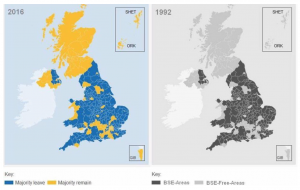I’m working on a manageable book titled Methods of Analysis. It’s basically a side project or backstory to a few other research projects. Download the essays or working chapters from https://blogs.ubc.ca/educ500/methodologies/analysis/ The first para of the introduction is tentatively this:
The purpose of this book is to provide a sense of histories, philosophies, premises, and procedures of a range of methods of analysis. I try to say something novel— something that has not already been said— of the methods herein. This is obviously meta-analysis, understood to be an analysis of analysis and synthesis of analysis. Meta-analysis implies analytic theory, requiring a typology of methods or methodology. Researchers take analysis for granted, having neglected meta-analysis and the history of analysis. Researchers also take for granted methods of analysis, readily overlooking interrelationships and blurring distinctions. Among the expansive volume of texts on methods and methodologies, there is no single text or source that draws relationships and distinctions of a range of methods of analysis. This book addresses that oversight. Since the early nineteenth century and development of logical analysis, methods of analysis proliferated. This is unique, as the analogous, historical journey of synthesis witnesses no such proliferation. Nonetheless, a companion or sequel of methods of synthesis would be helpful.

 Follow
Follow